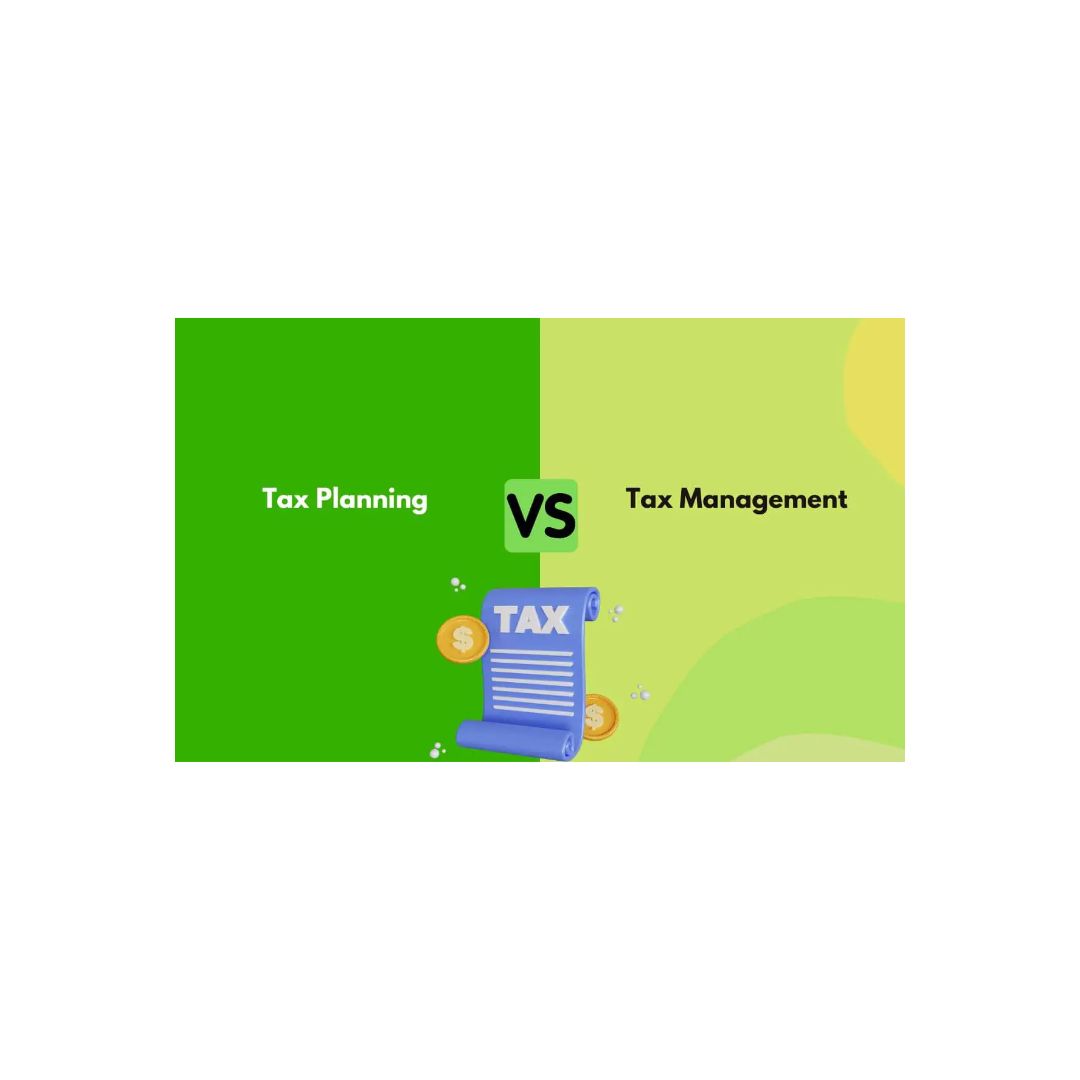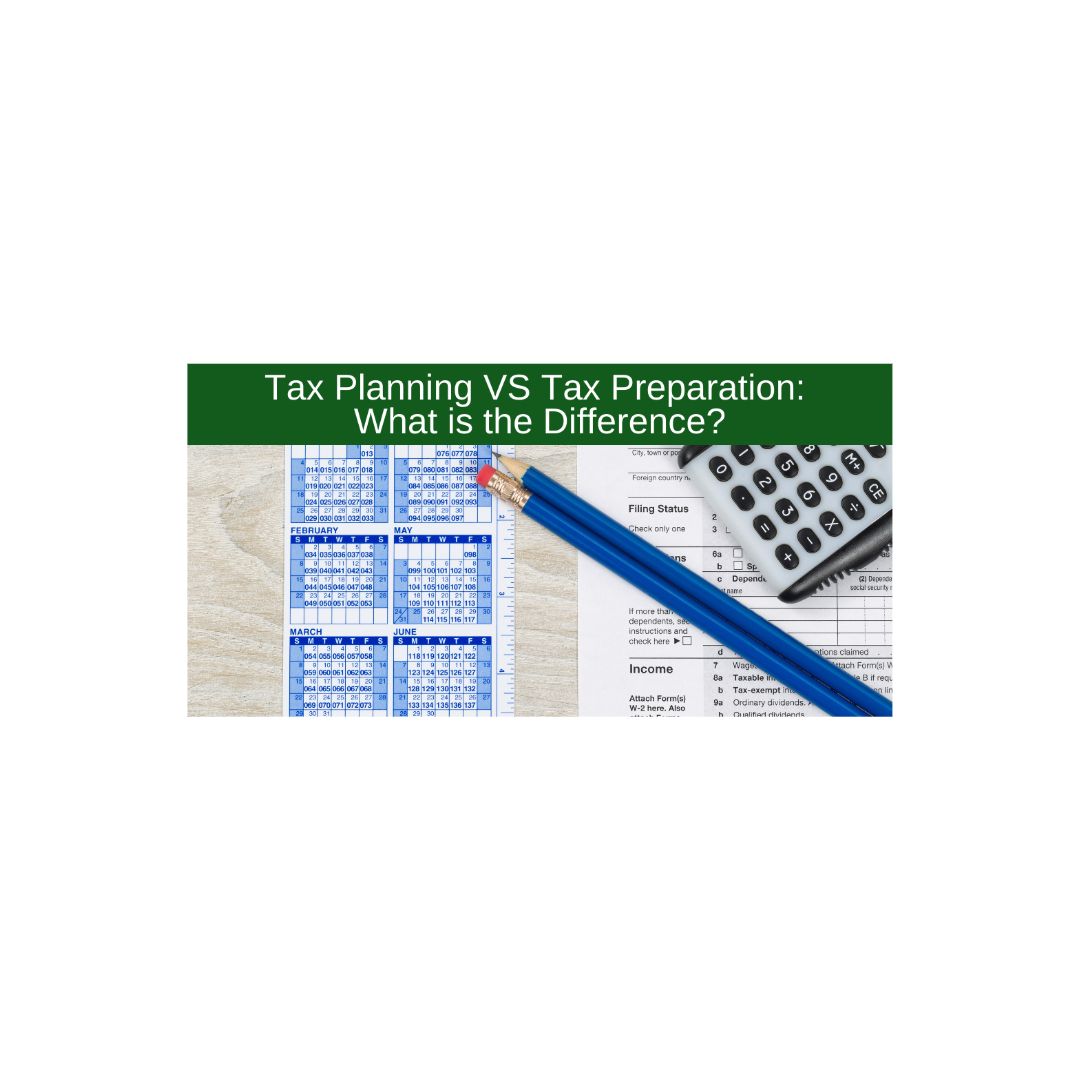What are dividends? How did I get this?
What Are Dividends If you’ve invested in stocks, you may have come across the term dividends. Understanding what dividends are and how they work can enhance your investment knowledge and help you make informed financial decisions. In this blog, we’ll explore what dividends are, how they’re paid, and what they mean for you as an… Read More »










